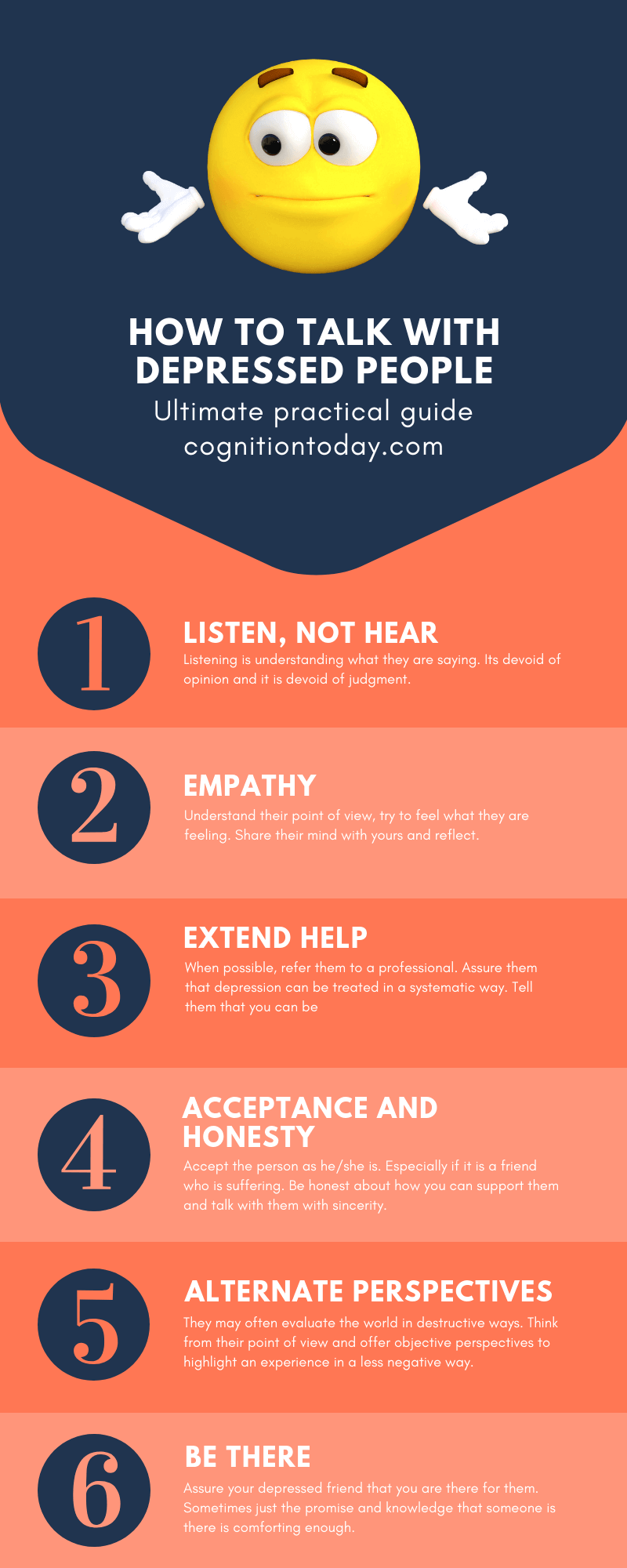Eight things NOT to Say
/Sticks and stones may break my bones, but words will never hurt me.
What a lie. What a terrible, terrible lie we tell kids.
Words cut deeper than any sword, leave invisible scars, and take far, far longer to heal than a physical injury. We quote things like:
“No matter what people tell you, words and ideas can change the world.”
- Robin Williams
Then tell kids, “don’t listen to what she said; words cannot hurt you.”
Can it be true that words have the power to change the world, and at the same time, have no power over an individual?
No.
This is why I can remember only the facts of splitting my head open three different times before I turned seven, but I can still remember, with HD clarity, the comments a few kids used to put me down in middle school.
What many people without depression do not understand is the level of shame that accompanies the disease. I never wanted to feel confined to my bed, unable to summon the energy to wash my face, or the willpower to eat something, and then hear, “well, you should just think more positive.” If I had the energy, I would positively throttle you.
Here is what I’ve heard over the years:
Get over it
It could be worse
Life isn’t fair
Snap out of it
Don’t think about it
I know how you feel
Quit being so lazy
It will be okay
There are dozens of articles explaining the failure of these, and other phrases, with somewhat snide retorts: “You know how I feel? How could you possibly know how I feel?” I would like to demonstrate the limiting nature of these statements in a different way.
Depression has been described as grief absent context. Let’s take that a bit further.
Imagine, if you will, how you felt the moment you learned that someone close to you had passed. If you do not have that experience, then please imagine how you think you would feel if you heard that news.
Then someone you know, or don’t know, comes by and says: “What’s wrong with you? Snap out of it.” How would you feel immediately after hearing that? I’ll wager not good. Probably worse than if you had not heard it at all.
“The fire is all in your head!”
Perhaps another scenario, taken to an absurd extreme: You are walking next to a good friend or family member, when they spontaneously combust! We all know what to say in a situation where someone is on fire. It’s been drummed into us since grade school: “Stop, drop, and roll!” Actionable, valid advice.
How idiotic it would be for you to shout: “It could be worse!”
We would not consider saying anything else, other than also shouting for help, when someone is on fire. We know what we are supposed to say. One problem with mental illness in our society is that we are growing out of our infancy about how we should help someone we care about.
Old habits and fossilized beliefs die hard. Just look at Dr. Semmelweis, who, in 1847, proposed that doctors should wash their hands before delivering babies. Was he celebrated as a wise forward thinker who saved the lives of newborns and their mothers? No! He was vilified by his contemporaries; who were aghast that he would accuse them of being the primary cause of death to new mothers. Taken aback by the forceful denunciation of his peers, Semmelweis had a nervous breakdown and later died in an insane asylum.
Today, in the case of mental health, we are caught between what we think works, and what we know works. Telling someone who is suffering that, “It’s all in their head,” may be medically accurate, but it does more harm than good.
Simply being next to the person. Telling them that you are there for them, and asking “how can I help?” or “what do you need?” is far more effective.
The person you care about is caught in a mental typhoon. They do not need advice on how to get to shore, they need a life preserver.
Be the life preserver.






